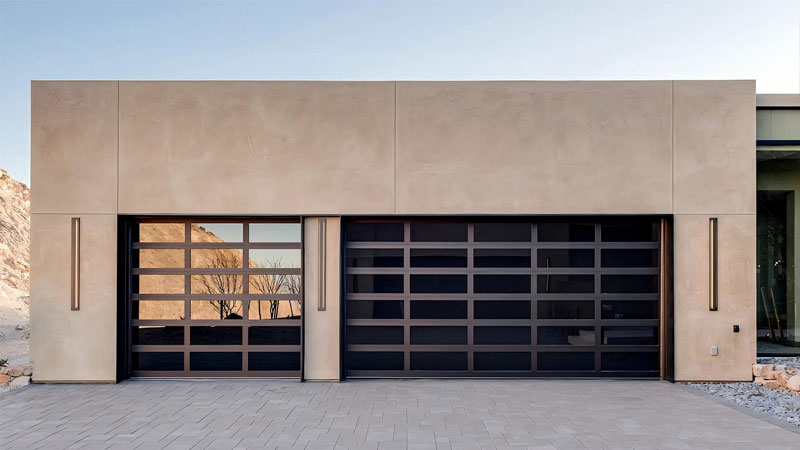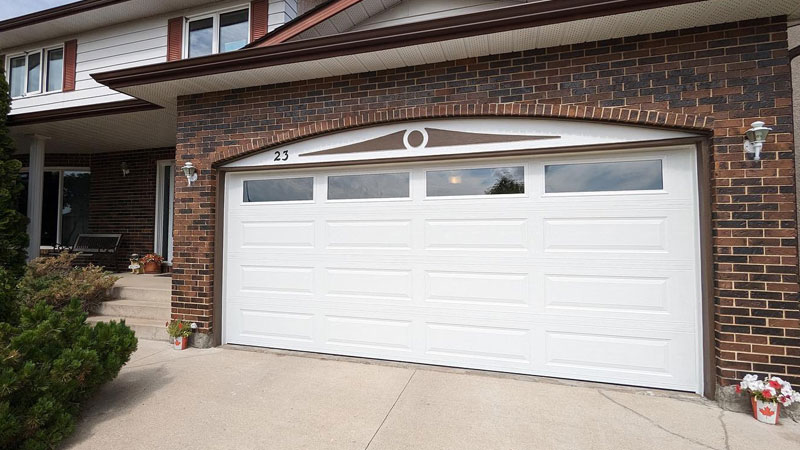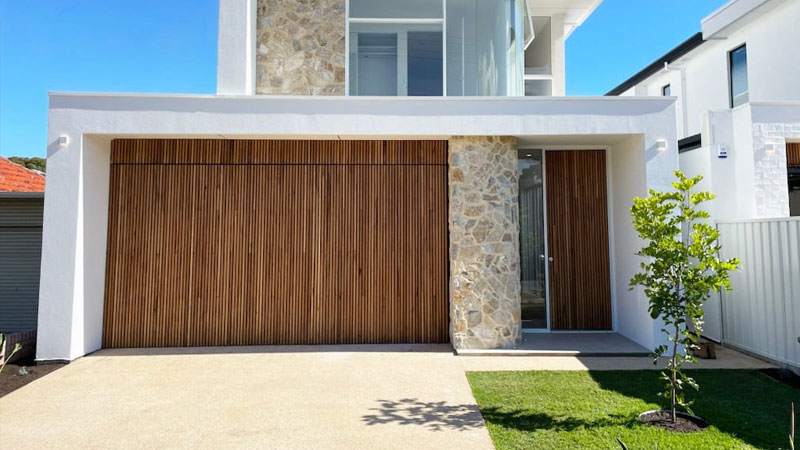 Release Date 2025-10-22
Release Date 2025-10-22
Choosing your garage door is a key investment—one that boosts curb appeal, energy efficiency, and resale value. While style and color matter, material selection is critical: it shapes durability, maintenance needs, and how well the door fits your climate and budget. Below, we break down the three top materials, focusing on their unique, often overlooked advantages.
Steel Garage Doors: Versatile & Secure

Steel garage door's popularity stems from customizable performance, not just strength. It excels at insulation: options range from non-insulated to triple-layer foam models, which act as thermal barriers for attached garages—lowering energy bills and boosting comfort.
Thick-gauge steel resists dents and forced entry, making it a top security choice (reinforced hinges/locks add protection). Its design flexibility also stands out: steel can be painted any color or embossed to mimic wood/stone at a fraction of the cost, blending with colonial, modern, or any style.
Aluminum Garage Doors: Climate-Resilient & Low-Maintenance

Aluminum garage door's true value lies in harsh-environment adaptability and long-term savings. For coastal homeowners, its non-corrosive nature (it forms a natural oxide layer) eliminates rust worries—no frequent paint touch-ups needed.
Modern aluminum doors pair heavy-gauge steel frames (for rigidity) with lightweight aluminum panels. This eases strain on garage door openers, extending the motor’s life and cutting repair costs. Plus, aluminum’s malleability suits modern full-view designs: slim frames support large glass panels without bulk, enhancing contemporary home aesthetics.
With a 20+ year lifespan and minimal upkeep, aluminum justifies its higher upfront cost for those prioritizing longevity.
Wood Garage Doors: Timeless & Acoustically Sound

Wood garage door's appeal goes beyond beauty—it offers unique character, soundproofing, and graceful aging. Its dense, porous structure absorbs noise far better than metal, ideal for homes near busy areas (or if the garage doubles as a workshop/gym).
Wood enables unmatched customization: it can be carved, stained, painted, or left to develop a rich patina. Popular woods (cedar, mahogany) have distinct grains, while wood composites offer the look with less maintenance. A well-cared-for wood door lasts decades, retaining charm as it ages—unlike synthetic materials.
Choosing the right garage door material ultimately comes down to balancing your priorities: Do you value low maintenance and climate resilience (aluminum garage door)? Versatility, security, and energy efficiency (steel garage door)? Or timeless beauty, acoustic performance, and unique character (wood garage door)? No matter which material you choose, a well-selected garage door is an investment that will enhance your home’s functionality, beauty, and value for years to come.